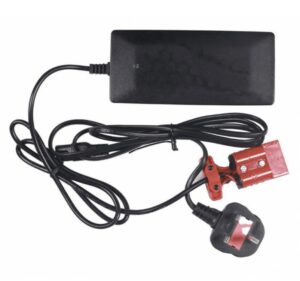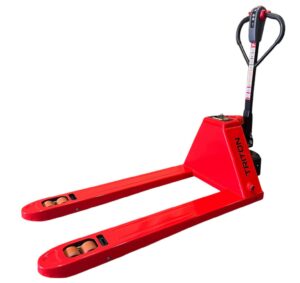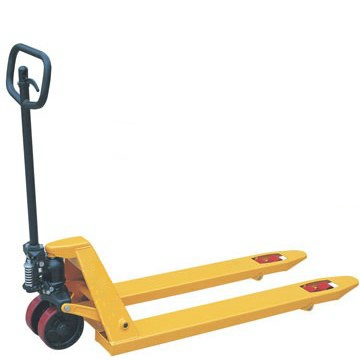Growth in supermarket retail has been dominated in recent months, with sales at Aldi and Lidl up 32% and 17.2% respectively. The momentum no longer lies with supermarket giants Tesco and Asda, but in the discounters that are offering customers high-quality, non-branded products for much less than they’d pay elsewhere.
Those in the manual handling industry have their finger on the pulse of everything that occurs in the supermarket world, as their huge warehouses and food distribution centres often require great shipments of new equipment in periods of growth such as this.
Midland Pallet Trucks is a pallet truck provider paying close attention to the supermarket wars. Managing Director, Phil Chesworth, said, “The monopoly of supermarket is close to being broken up by discount chains like Aldi and Lidl. Even Waitrose, the upmarket retailer, is coming close to matching the sales of giants like Morrison’s and Tesco. As they expand their sales, they will naturally place a high emphasis on efficiency in their distribution centres, which need to be able to process new stock and have it out for delivery to stores in rapid time. The faster and more efficiently they can carry out these orders, the better-stocked their stores will be and the more consumers will be impressed by the service they receive, whether they are shopping at long-established Sainsbury’s or up-and-coming Lidl.”
A huge number of the goods which pass through the distribution systems and end up in-store in shops like Asda, Marks and Spencer and Farm Foods, have come into contact with a pallet truck at some point. They are the fastest, most cost-efficient and easiest way to transport a huge volume of goods at any one time. Their dimensions are compatible with Euro pallets, which means that deliveries from suppliers on the continent can all be handled with ease, and each pallet requires the same type of equipment and operator. So whether being shipping from another country, heading through the sorting process at a distribution centre or being put out on the shelves in the store itself, they will use the same standard measurements, the same pallets and the same manual handling equipment.
It is, therefore, crucial that this type of equipment is kept in prime condition. Thorough maintenance schedules must be organised to verify a truck’s safety, and where trucks have reached the end of their lifespan, they need to be replaced. Where there are a higher level of orders coming in, rather than loading pallets up and exceeding their maximum capacity, businesses are strongly advised to simply invest in new pallet trucks that will allow the safe transportation of the goods without putting employees at risk. These are the steps that these up-and-coming supermarket chains will be taking in order to satisfy demand, and they are the steps that businesses across the country should be taking if they want to expand.
























